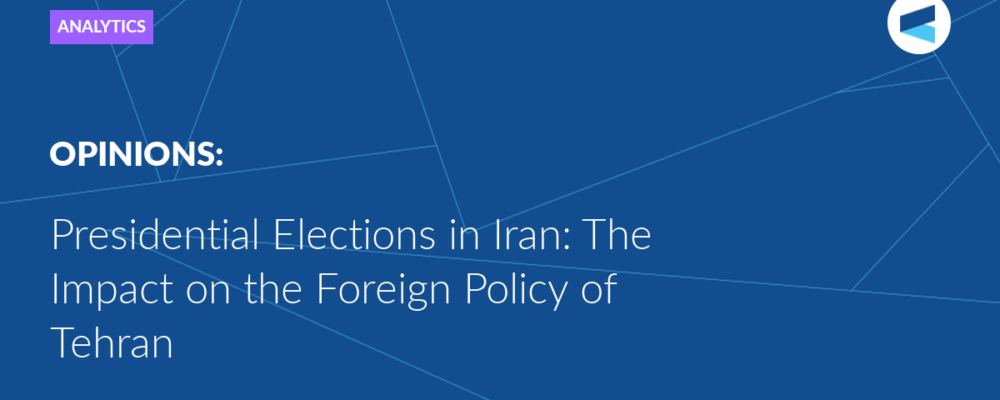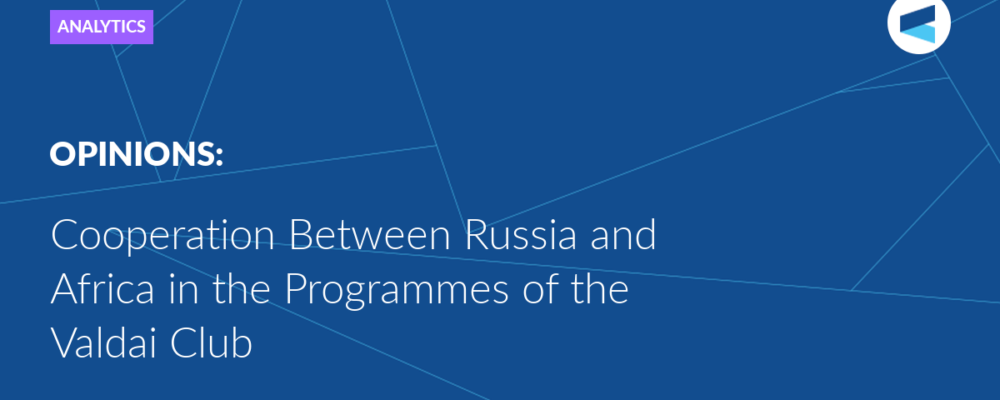Malaysia needs to look beyond the differences and uncertainties which characterise international conflict instead of seeing them as a negative aspect, and seize opportunities to establish global balance in this multipolar world, Abdul Haziq Kongid writes.
Malaysia’s role as the ASEAN Chair in 2025 marks a pivotal moment for the region. By prioritising inclusivity, sustainability, economic diversification, and balanced leadership, Malaysia has the opportunity to guide ASEAN toward greater stability, resilience, and meaningful cooperation. As Chair, Malaysia’s top priority should be fostering unity while respecting the sovereignty and diverse interests of its member states – an approach that aligns with this year’s theme of inclusivity and sustainability. This vision reflects ASEAN’s foundational principle of “Unity in Diversity” and supports the long-term goals outlined in “ASEAN Community Vision 2045”.
Through a balanced and strategic foreign policy, Malaysia has successfully attracted global powers, including Russia, to forge meaningful partnerships. Russia, in turn, seeks to deepen its engagement in Asia, a region of increasing geopolitical and economic importance. This significant development raises an intriguing question: does this mark the beginning of a new chapter in Russia’s foreign policy, one that signals a strategic pivot toward the East amid shifting global dynamics?
Malaysia should seize this opportunity to strengthen its economic resilience and drive sustainable growth by capitalising on its diverse industries. Key beneficiaries include international trade, which could gain through expanded partnerships and market access; tourism, with its potential to attract a wider range of visitors; and Islamic finance, where Malaysia can reinforce its position as a global leader. Furthermore, such collaborations could spur advancements in science and technology, foster innovation, and attract investments in sustainable energy solutions. These efforts align seamlessly with Malaysia’s vision for a greener, more sustainable future.
Malaysia has been renowned for its adeptness at navigating among global powers for over 50 years. Its foreign policy reflects a pragmatic, non-aligned approach, balancing regional commitments within ASEAN while engaging with global entities such as BRICS and fostering bilateral ties with key partners like Russia. As the ASEAN Chair this year, Malaysia is committed to prioritising regional unity and economic integration, emphasising ASEAN as the cornerstone of its foreign policy. The increasing alignment between BRICS and ASEAN offers Malaysia opportunities to enhance trade, develop infrastructure, and collaborate on sustainable technology initiatives.
Malaysia’s decision to join BRICS highlights its strategic foresight, recognising the group as more than merely a gateway to China’s sphere of influence. The expansion of BRICS beyond its founding members – Brazil, Russia, India, China, and South Africa – signals a rising interest among small and middle powers in exploring credible alternatives. In line with this vision, Malaysia has also broadened its economic partnerships by participating in the Comprehensive and Progressive Agreement for Trans-Pacific Partnership (CPTPP) and other free trade agreements.
Malaysia-Russia relations and ASEAN-BRICS collaboration have become prominent topics of discussion as Malaysia becomes the ASEAN Chair this year. Established in 1967, Malaysia’s relationship with Moscow has been characterised by cooperation in energy, technology, and cultural and educational exchanges. Malaysia’s neutral stance on global conflicts enables it to maintain ties with Russia while adeptly navigating complex geopolitical dynamics. However, balancing its ASEAN commitments with emerging global partnerships poses an ongoing challenge. With its strategic location and non-aligned policy, Malaysia is well-positioned to act as a bridge between ASEAN, BRICS, and other global powers, presenting significant opportunities to advance its economic and diplomatic objectives.
Malaysia also needs to look into a financial diversification system or financial multipolarity. High reliance and dependency on the dollar will highly affect our economy and financial policy. For instance, the risk of a US recession, alongside the escalation of geopolitical tensions that could bring another round of supply disruptions and fluctuations in the commodity and financial markets, would hurt Malaysia’s growth outlook. Malaysia continues to balance its regional commitments within ASEAN while engaging with global entities like BRICS and fostering strategic partnerships with countries such as Russia, reflecting its pragmatic and non-aligned foreign policy. In pursuit of a diversified financial framework, Malaysia has increasingly sought alternatives to dollarisation by strengthening trade and investment relations with non-Western economies, paving the way for greater economic resilience and sustainability.
BRICS, with its focus on promoting local currencies in trade and exploring the potential for a common currency, aligns closely with Malaysia’s goal of achieving financial multipolarity. This initiative complements Malaysia’s objective of diversifying payment systems beyond reliance on the US dollar as the primary medium for transactions.
This vision aligns seamlessly with Malaysia’s longstanding partnership with Russia, particularly in energy and technology cooperation, where transactions can be facilitated using local currencies or alternative payment systems, bolstering financial resilience. By leveraging BRICS-ASEAN collaboration, Malaysia can diversify its trade mechanisms, reducing exposure to external shocks associated with dollar-centric systems. This strategy supports Malaysia’s vision for sustainable economic growth while reinforcing its role as a bridge between ASEAN, BRICS, and other global powers.
However, expressing hope for an economic bloc like BRICS is not the only solution to ongoing the geopolitical uncertainties. It’s not the only way the country can reclaim its ‘Asian Tiger’ title. Malaysia needs to implement a ‘Kancil-nomics’ (Mouse Deer) approach: being clever, nimble and careful before deciding on dancing among the giants in the jungle. As a democratic country, Malaysia has valued domestic legitimacy in its foreign policy decisions, carefully managing a balance between public concerns and geopolitical ramifications. Malaysia needs to look beyond the differences and uncertainties which characterise international conflict instead of seeing them as a negative aspect, and seize opportunities to establish global balance in this multipolar world.
The Valdai Discussion Club was established in 2004. It is named after Lake Valdai, which is located close to Veliky Novgorod, where the Club’s first meeting took place.
Please visit the firm link to site






